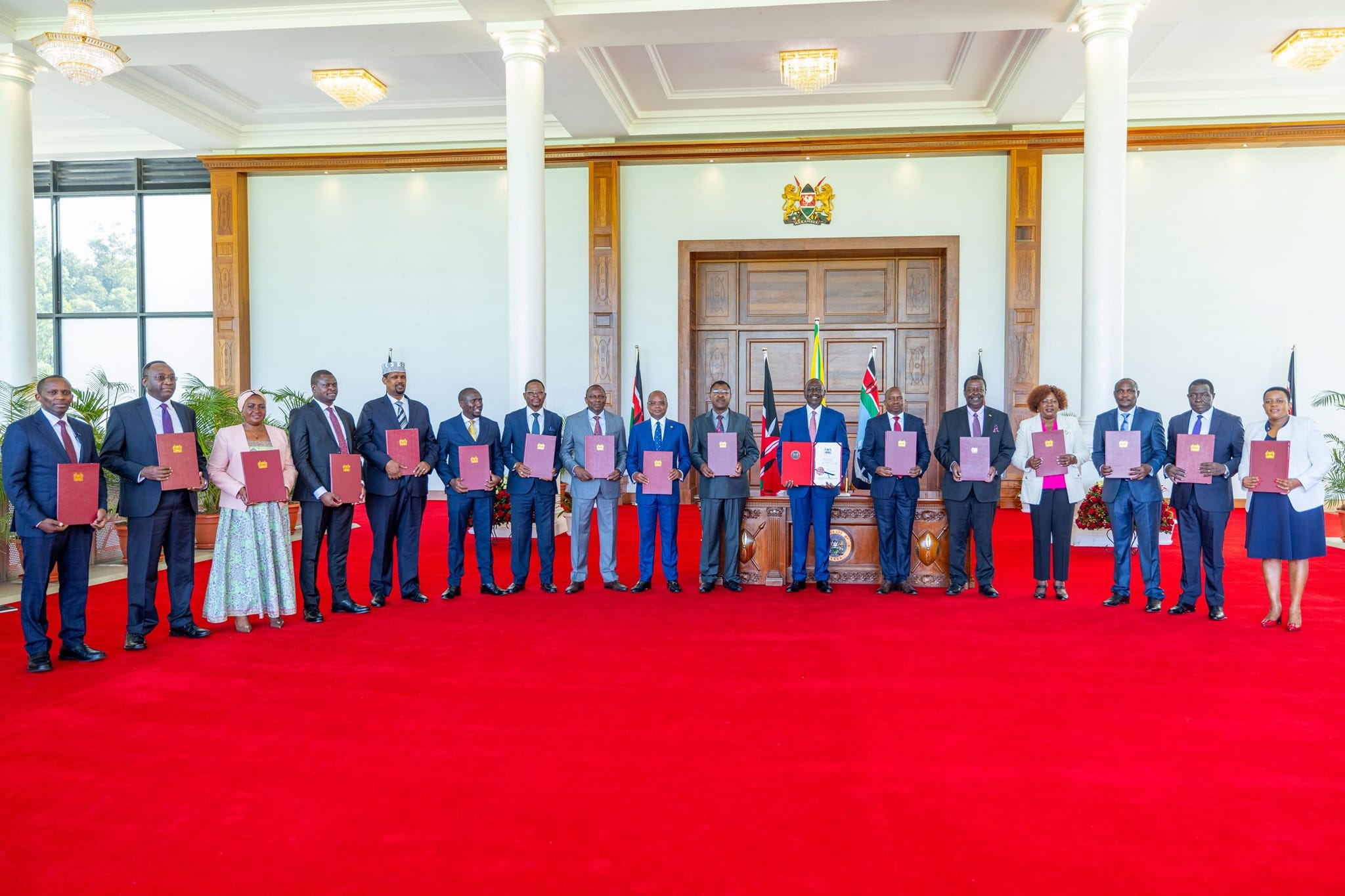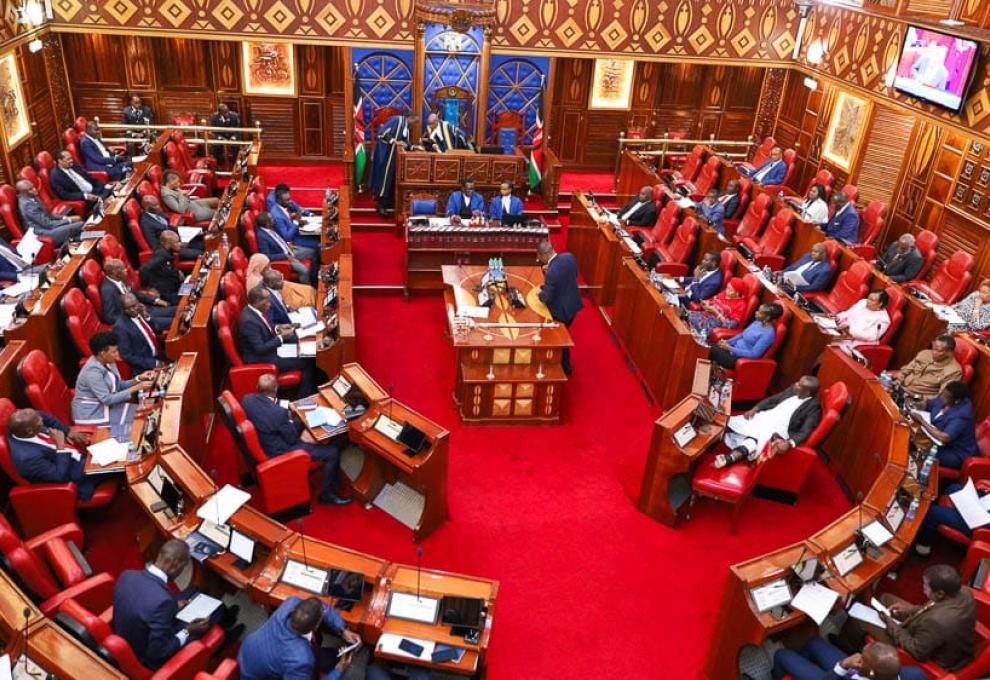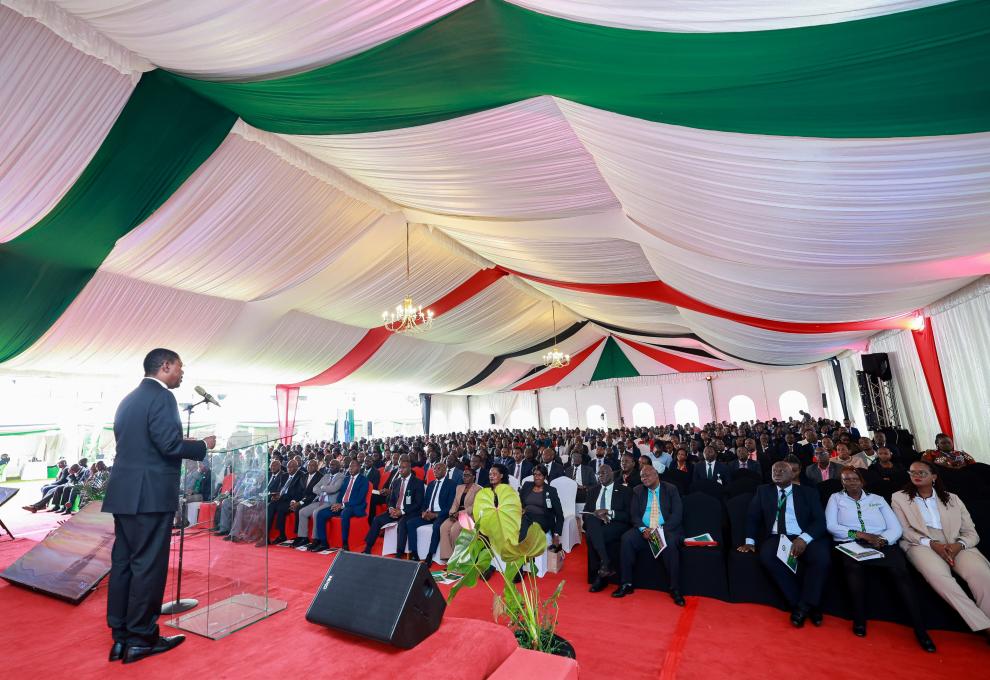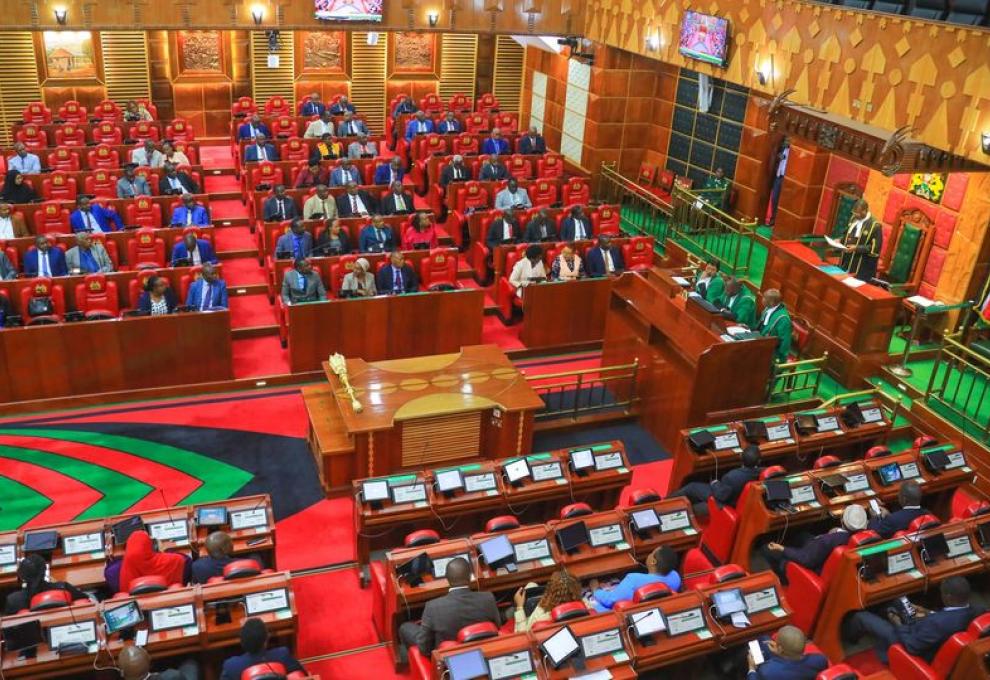𝐍𝐄𝐖 𝐋𝐀𝐖 𝐄𝐒𝐓𝐀𝐁𝐋𝐈𝐒𝐇𝐄𝐒 𝐍𝐀𝐓𝐈𝐎𝐍𝐀𝐋 𝐅𝐑𝐀𝐌𝐄𝐖𝐎𝐑𝐊 𝐅𝐎𝐑 𝐋𝐀𝐍𝐃 𝐀𝐍𝐃 𝐁𝐔𝐈𝐋𝐃𝐈𝐍𝐆 𝐑𝐀𝐓𝐄𝐒
The National Rating Bill (National Assembly Bill No. 55 of 2022) has been signed into law by the President William Ruto.
The new legislation seeks to create a standardized framework for county governments to assess and impose rates on land and buildings. It also establishes mechanisms to enhance accountability in the use of revenues collected from these rates.
The National Rating Act introduces a comprehensive framework for imposing rates on land and buildings by county governments, valuation of rate-able property, with the use of modern technology to ensure accuracy and efficiency.
The newly signed law also establishes the Office of the Chief Government Valuer to oversee valuation processes nationwide and provide expert advisory services and enables formation of the National Rating Tribunal, comprising up to 15 members, to resolve disputes related to property valuation and rating.
The law explicitly excludes freehold agricultural land from its application, focusing instead on urban and rateable properties.
Once enacted, Counties will collect land and building rates but must follow national laws and use the funds responsibly. Consequently, money collected from these rates must be used responsibly by following, public finance rules in the Constitution, national values like fairness and accountability, and financial management rules provided in the Public Finance Management Act.
The new Act replaces the Rating Act and the Valuation for Rating Act, which were deemed outdated. By doing so, it introduces modernized guidelines for property valuation and taxation, promoting equity and efficiency in revenue collection for counties.
















